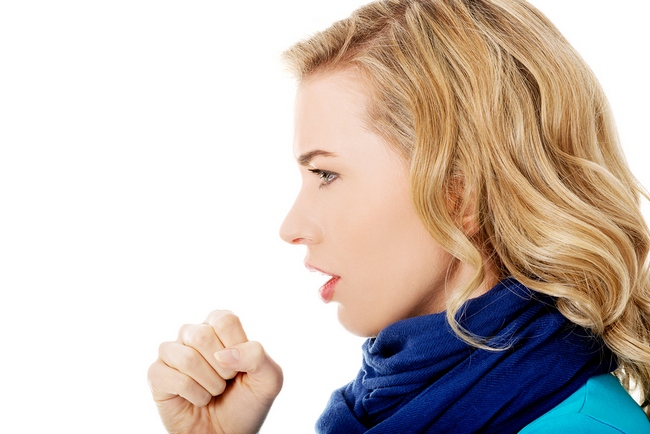- Make It Yourself Lavender Heart-Shaped Bath Bombs!
- 20 Things You Never Knew About “Down There”
- 12 Best Foods For Those Suffering From Arthritis Pain
- 12 Personal Hygiene Mistakes Almost Everyone Makes (Mom Never Told You About #4!)
- 15 Medicinal Plants And Herbs From The Cherokee People
- 12 Mind-Blowing Benefits Of Drinking Coconut Water During Pregnancy
- 12 Outstanding Winter Foods That Won’t Fatten You Up Like A Christmas Turkey
12 Effective Home Remedies To Ease And Heal Whooping Cough (Pertussis)

Photo credit: bigstock.com
Pertussis, more commonly known as whooping cough, is a very contagious bacterial infection caused by the bacterium pertussis, which infects the lining of the respiratory system.
This disease spreads quickly via airborne particles from the coughing and sneezing of an infected person. This disease tends to infect small babies and toddlers, but anyone can actually get this disease.
After exposure, it takes between seven and 10 days for symptoms to develop, although it has been known to lie dormant and not appear for more than 30 days. It begins very much like the common cold with sneezing, a low fever, and a runny nose, but later turns into terrible coughing spells that end in a high pitched “whoop” sound, which is the affected person literally gasping for air. Many victims vomit from the force of the cough.
Infants six months and younger are at the greatest risk of contracting this disease. They also have the greatest risk of dying from it. The vaccine is your best defense from contracting this terrible disease; however, even the vaccine is not 100 percent effective.
The whooping cough vaccine, which you have probably seen written on a vaccination card as “DTaP,” is a series of five shots. These shots cannot be fully administered to infants. Most children receive all five shots by the time they are four years old. Whooping cough can still affect adults who have been fully vaccinated, and it affects children as well. Approximately five percent of all vaccinated children will still develop whooping cough. However, it is important to note that this means that 95 percent of those vaccinated will not develop whooping cough. No matter how you look at it, getting a pertussis vaccination entails a risk, but getting whooping cough also carries considerable risk, especially for infants.
If your infant or child should develop what you believe is whooping cough, you should take them to your local emergency room right away. Babies younger than three years of age will probably need hospitalization. For older children and adults, see your doctor as quickly as possible.
After you see your doctor, we have a list of 12 home remedies that have been used for ages before there were antibiotics or vaccines to help ease symptoms and speed healing.
Continue to Page 2
































